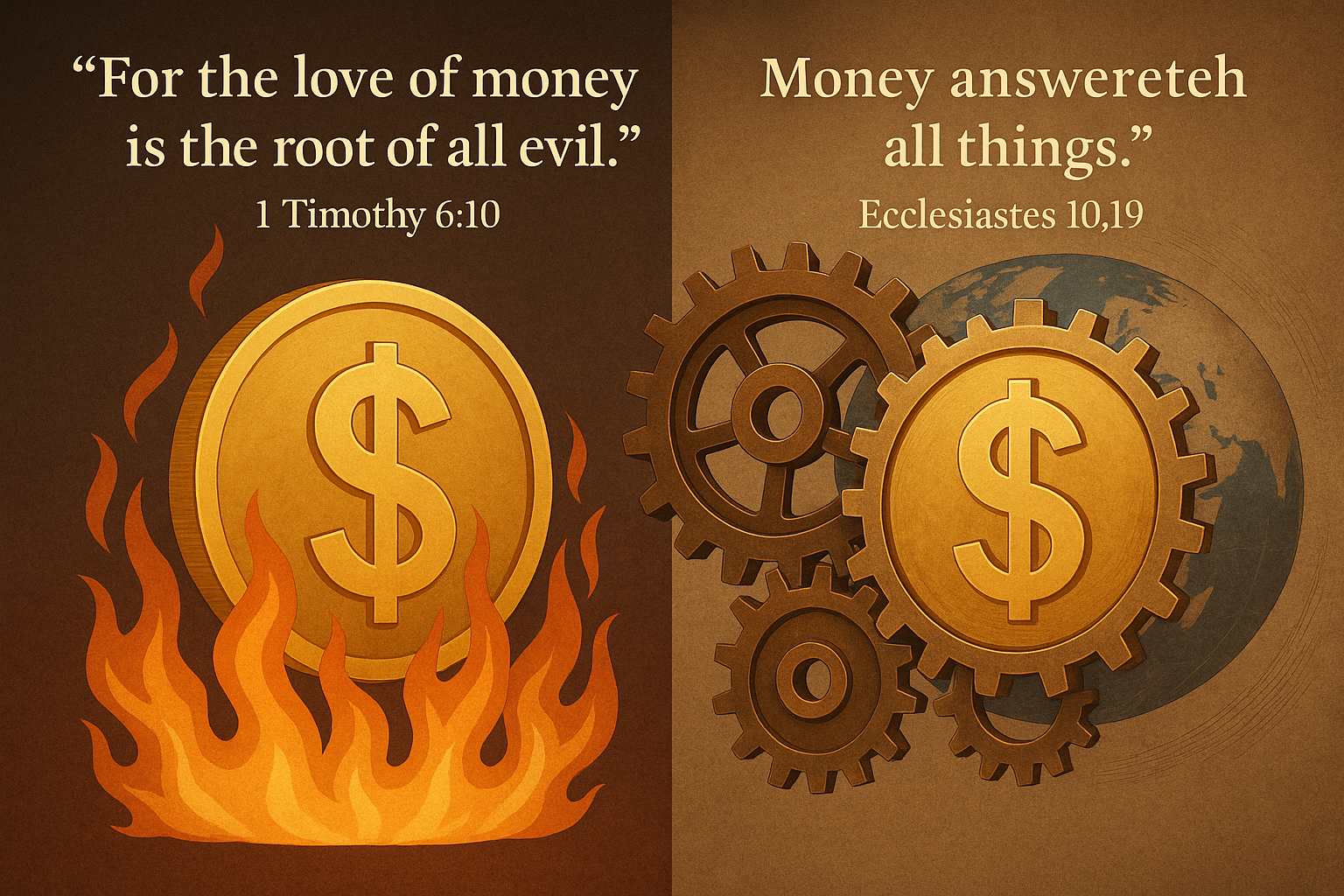Why We Need Human-Centered Financial Design

By the director of akadata ltd
Published: 2 June 2025
There is a truth older than money, systems that serve without soul eventually collapse.
Financial technology, "fintech", is a word that has not existed long, but the forces behind it have shaped the world for centuries. Trade, trust, records, reputation, these are not inventions of the market, but of necessity. What has changed is not the need, but the way that need is answered.
Fintech today is celebrated for speed, scale, and disruption. It seeks to replace the old ways with efficient systems and seamless interfaces. Yet in this drive, something vital has been lost. The human presence, the judgment, the mercy, the pause, has been written out of the process.
A new account is opened, a loan is denied, a transaction is flagged, all in the absence of voice, of knowing, of understanding. Artificial intelligence replaces interaction, pattern replaces person. And so the system grows powerful, but blind.
The question is not whether machines can learn, the question is whether machines can care.
What was once a handshake across a table is now a button on a screen. And what was once community risk, held together by honour, is now algorithmic risk, determined by data, removed from story. Human error is replaced with mechanical precision, but with that precision comes a loss, the ability to forgive, to wait, to discern.
The systems of the past were not without fault, but they had room for conscience. A banker could listen. A lender could relent. There was space for wisdom, even if imperfect. Today, that space is shrinking.
And this shrinking brings consequence. When the touch of a hand is removed, when the heart is no longer part of the equation, systems become brittle. They may work, until they don't. And when they fail, they do so with cold indifference. A decision once carried with accountability is now scattered across lines of code. The consequences remain, the evictions, the overdrafts, the declined payments, but the sense of responsibility vanishes.
Technology must serve, not replace. Intelligence, whether artificial or not, must remain grounded in humility. The first principle is to fear that which gave breath. And the second, to remember, pride comes before a fall.
It is also written, "For the love of money is the root of all evil" (1 Timothy 6:10). Not money itself, but the love of it. And so it must not be the foundation. The moment it becomes so, every decision bends in its direction. Compassion becomes a cost. Integrity becomes inefficient.
The writer of Ecclesiastes noted, "Money answereth all things" (Ecclesiastes 10:19). It is the oil that moves the gears, the shadow cast by human need. But it is not to be loved. It is not to be trusted. It is not to be followed. It is a tool. And like all tools, it reflects the hand that uses it.
Money needs the human, for without the human, money is nothing. A coin without a hand is idle. A ledger without intent is dust. A balance sheet does not breathe. A blockchain does not weep.
When financial systems lose their connection to humanity, they become instruments of distance. They become abstractions. And in abstraction, harm becomes easier to justify. Whole communities can be denied access with a click. Entire regions can be labelled high-risk and left to decay. Not because it is just, but because it is efficient.
Design that begins from this place, of truth and reverence, can do good. It can ask the right questions. Not, how do we scale? But, should we scale? Not, how do we extract? But, how do we restore? Not, what is legal? But, what is right?
This is not theory, this is foundation. Financial systems are not neutral. They shape the lives of many, and when built without reflection, they reflect only power.
A human-centered financial design does not begin with the user. It begins with truth. And truth begins with reverence. That no other name be lifted up, that no glory be claimed for self, that those in darkness may yet see light.
Let the systems that are built now remember what was forgotten. Let the tools made by hands not forget the breath that formed them. Let those who design remember they, too, are being weighed. And let the work speak, not for pride, but for purpose.
And if that work be fruitful, then it was not the hand that made it so, but the hand unseen.
GodSpeed. Let it be enough.
